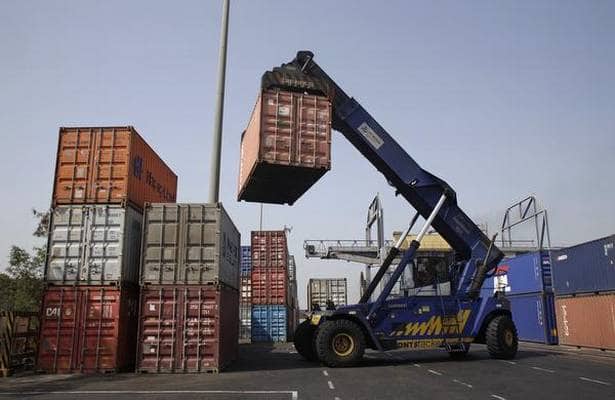Welcome To ChemAnalyst

India’s chemical industry representative body, the Indian Chemical Council (ICC), which focusses on the industry’s growth, promotion and policymaking, has ushered in filing an appeal to the Government of India (GoI) to consider the inclusion of chemical products under the Remission of Duties and Taxes on Exported Products (RoDTEP) scheme while highlighting the adversities being borne by the chemical industry on RoDTEP denial.
The appeal by ICC has been submitted to the Department of Chemicals & Petrochemicals, Ministry of Chemicals & Fertilizers, GoI, following the release of a product-wise rate list by GoI via notification number 19/2015-2020 dated August 17, 2021, which reveals government’s refrain from the allocation of RoDTEP rates to chemicals and allied products.
RoDTEP reform, which has been introduced in lieu of the Merchandise Exports from India Scheme (MEIS), is a WTO compliant scheme devised to promote India’s exports and market competitiveness by benefitting exporters with refunds on previously non-recoverable embedded taxes (like fuel tax, electricity duty, Mandi tax etc.) at the local, state and central levels. The scheme was brought into effect on January 1, 2021.
The non-availability of RoDTES rates for Indian Chemical exporters for over 7 months is tarnishing their global competitiveness and has led to degrowth in exports amounting to a value of 49,327 crores that compounds to 17% of the total chemical exports. With its written appeal that now contains the HS Code wise list of affected chemical products, ICC seeks a resolve in the form of release of RoDTES rates for chemicals and its allied products that fall under Chapters 27, 28 – Inorganic Chemicals (like carbon black, hydrogen, phosphoric acid etc.), Chapter 29 – Organic Chemicals (like ethylene, benzene, vitamin B12 etc.), Chapter 30 – Pharmaceuticals (liquid extracts of liver, vaccines for hepatitis etc.), and Chapter 31 – Fertilizers (like ammonium nitrate, potassium sulphate etc.).
As per ChemAnalyst, the Indian chemical industry is already witnessing back-to-back hindrances in its export since last year, initially due to severe disruption in supply chain networks and loss of workforce during the COVID19 spread, followed by shortage of intermediates predominantly imported from China due to escalating freight charges with heavy port congestions this year. The RoDTES scheme represents a hope to save the chemical exporters from paying more under the cascading effect and reducing the gross production cost, thus giving the manufacturers more room to sell their products across the world. The reform, in these testing times, could give the required impetus to the industry in rebounding the export rates and strengthening their position in the international markets, consequently fortifying the Indian economy. The improvement in the exports would also cater to the rising demand for ammonium nitrate and other chemical products across the globe.
We use cookies to deliver the best possible experience on our website. To learn more, visit our Privacy Policy. By continuing to use this site or by closing this box, you consent to our use of cookies. More info.
